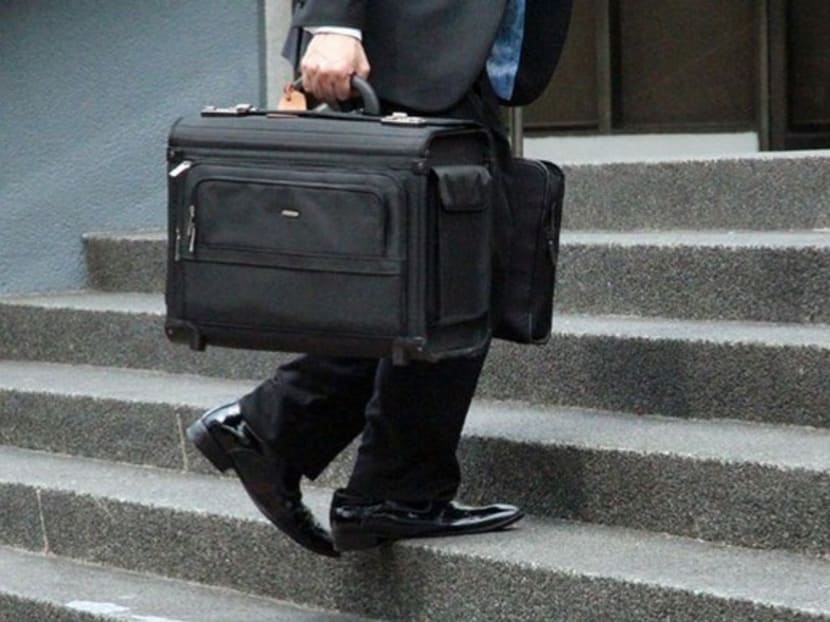More trainee places ‘may not ease shortage of law training contracts’
SINGAPORE — Despite the relaxation of rules to allow senior lawyers to take more fresh law graduates under their wing, it remains to be seen how far the move would ease the shortage of practice training contracts for those returning from foreign law schools.
SINGAPORE — Despite the relaxation of rules to allow senior lawyers to take more fresh law graduates under their wing, it remains to be seen how far the move would ease the shortage of practice training contracts for those returning from foreign law schools.
Against the backdrop of a surge in the number of Singaporeans heading overseas for a law degree and following feedback from practitioners, the Singapore Institute of Legal Education on Dec 15 started allowing lawyers of at least 12 years’ standing to supervise four practice trainees at one go, double the previous quota.
But senior lawyers TODAY spoke to said this might not necessarily translate to more training contracts being up for grabs. Instead, whether they take in more practice trainees will be based on the quality of applicants and the amount of work the firm is handling, they said.
Some lawyers have also indicated that they will not consider supervising more than two trainees at one go, as it would compromise the quality of mentorship they can give to each of the training lawyers, while others noted that smaller firms might not be able to afford offering more training contracts — each trainee can get paid from S$1,500 to S$3,000 a month, depending on the size of the firm.
In response to TODAY’s queries, the Ministry of Law (MinLaw) also noted: “Market forces will determine the availability of training contract places. Law firms will absorb practice trainees in accordance with the needs of their practice and the quality of the candidates.”
The crunch in training contracts — a requirement law graduates have to fulfil to be called to the Bar — came under the spotlight in August when Law Minister K Shanmugam warned of a possible glut in lawyers here due to the jump in the number of foreign-trained lawyers returning to look for jobs here.
While the intake at local law schools has remained stable in recent years, the number of Singapore undergraduates reading law in the United Kingdom doubled to 1,142 between 2010 and 2013, for instance.
This year, there were nearly 650 graduates but only about 490 training contracts. Only about 70 per cent of foreign-trained graduates managed to secure training contracts with firms here, compared with around 94 per cent of local graduates, figures from MinLaw show.
The situation might or might not change, despite the amendment to the Legal Profession (Admission) Rules, say lawyers.
Criminal lawyer Rajan Supramaniam of Hilborne Law said he would still take in two practice trainees to give them intensive superivison and focused training, although he would not rule out supervising more aspiring lawyers in future. “If I supervise four practice trainees, then they might have diluted supervision,” said the lawyer of 15 years’ standing.
Mr Lim Biow Chuan, who has been practising for 25 years, said he does not have enough space in his firm to place more trainees. Although he will be taking in one practice trainee next year, he is unclear if he will take more, highlighting that he must be able to manage more practice trainees.
“If you can’t train them, then it’s not fair to bring someone (in) and then you don’t spend enough time in guiding the trainee,” he said.
While they welcomed the rule change, overseas law undergraduates TODAY interviewed were concerned about the quality of supervision they may have.
Mr Daryl Bryan Chee, 26, a final-year law student at the University of Leeds pointed out that attention might be divided if a senior lawyer takes up to four practice trainees at a time.
Nevertheless, Mr Peter Low, who has been a lawyer for 37 years, said the possibility of more training contracts being offered is a positive move.
He said: “They may not get jobs (immediately) but at least, they can get called to the Bar.”







